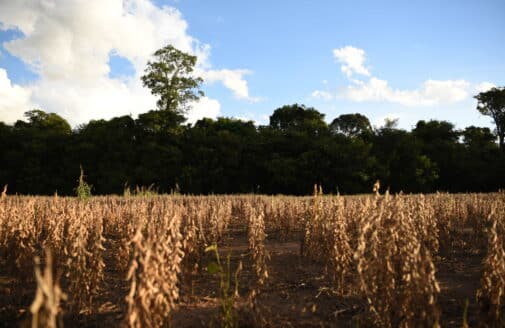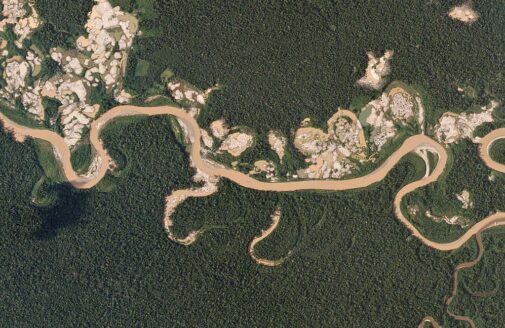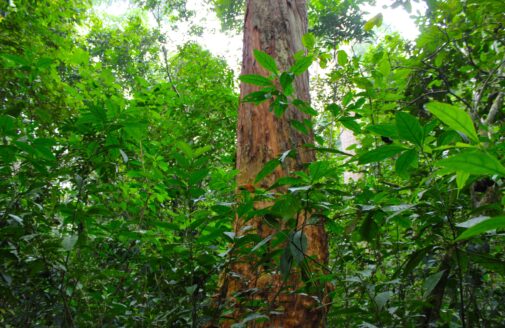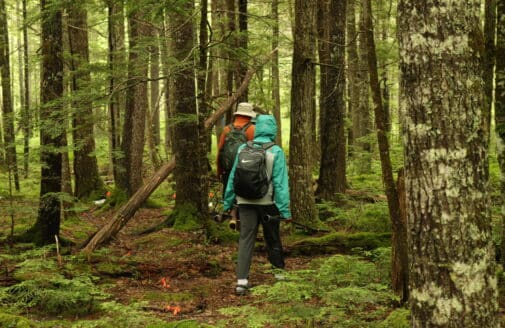Farming destroyed Brazil’s rain forests. It could also save them
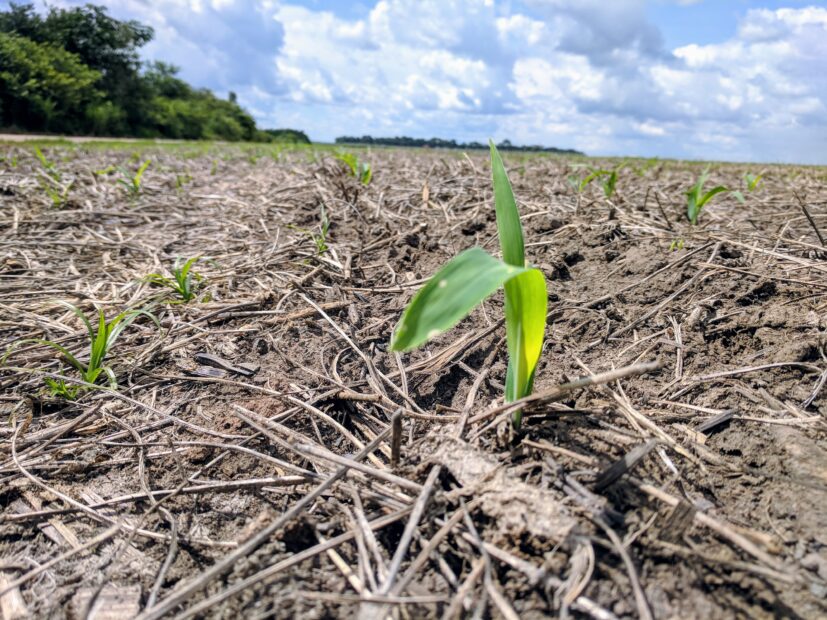
Photo by Nolan Kitts.
Farming destroyed Brazil’s rain forests. It could also save them
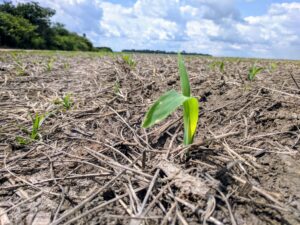
In a field of bare red dirt in São Paulo state, Paula Costa is trying to turn back the clock. Five hundred years ago, this land was part of the Mata Atlantica, a dense, diverse rain forest that covered 15% of Brazil. Its trees stretched more than 2,000 miles along the eastern Atlantic coast, and far inland. But today 93% of the forest has been stripped of trees, with much of it turned over to monoculture farming. Costa, a 36-year-old biologist, bangs the ground with her fist: it’s hard, the dry soil degraded by the tropical sun.
Yet on this sweltering morning in March 2022, a few green shoots have forced their way through the surface. The rain forest is making a comeback. “These will be jack beans. These are millet. These are radishes,” she says, fingering them lovingly. “They’re going to bring the soil back to life.”




